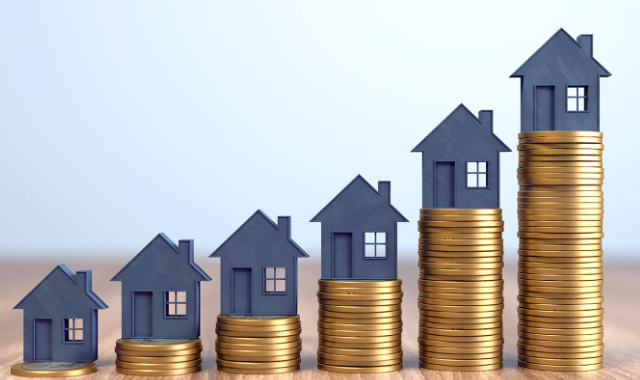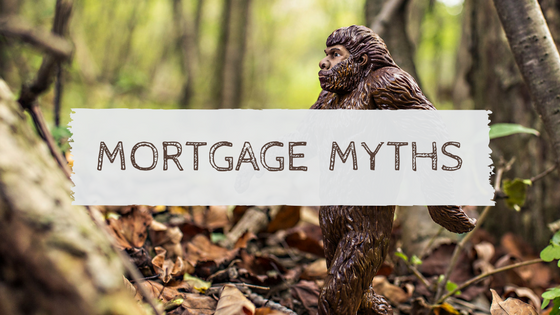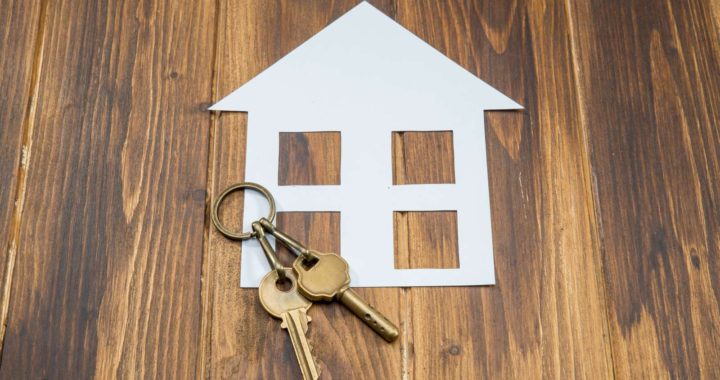Is it advisable, at the age of 25, to consider purchasing a house for rental purposes as an investment, leveraging rental income to pay off the mortgage?
Real estate has historically proven to be a lucrative investment avenue due to its potential for cash flow, particularly through rental income, and appreciation over time. While the aftermath of the 2008 financial crisis saw a decline in home values, most areas have since rebounded, returning to pre-crash levels.
Before delving into rental property investment, it’s crucial to define your expectations thoroughly. This involves evaluating potential cash flow, which may occasionally be negative. Here’s a structured approach to analyzing this:
Start by researching market rental rates in your area, utilizing online resources or the rent survey typically required by lenders for appraisal purposes. Consider adjusting your gross income estimate to account for vacancy and collection losses, as well as potential expenses associated with eviction, albeit rare.
Factor in repairs and maintenance costs, acknowledging that despite the current condition of the property, these expenses are inevitable. Additionally, allocate funds for replacements, such as estimating the remaining lifespan of major components like the roof.
Expect to provide a larger down payment for a rental property compared to an owner-occupied loan. Lenders may also require reserves, typically around 6 months’ worth, although this varies. Maintaining cash reserves is prudent regardless.
Bear in mind that interest rates for investment properties are typically higher than for primary residences. Utilize spreadsheets or online calculators to calculate principal and interest payments, and estimate property taxes and hazard insurance premiums.
Subtract all negative figures—vacancy, repairs and maintenance, replacement reserves, and monthly mortgage payments (including taxes and insurance)—from the property’s gross income to determine cash flow. A positive result is ideal, while a negative one indicates a monthly deficit that needs covering. Assess whether your stable income or liquid assets are sufficient to offset this deficit.
Consider other pertinent factors:
Is your regular income stable and ample to cover potential shortfalls?
Have you set aside emergency funds for both property-related issues and personal contingencies?
Are you prepared to hold onto the property for an extended period, perhaps five years or more?
Will your job situation permit you to remain in the area? If not, budget for a property manager, typically charging around 10% of monthly rent.
Is your current living situation satisfactory? You might weigh whether purchasing your primary residence should precede investing in rental properties, given the lower cash requirements and financing costs.
I trust this guidance proves beneficial. Best of luck!




